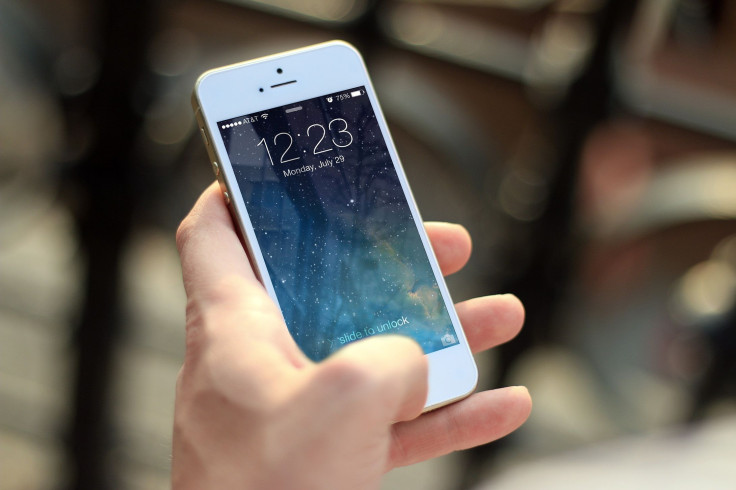NSA No Longer Collecting US Cellphone Location Data Without Warrant

It was revealed in 2013 that authorities were collecting records of millions of Americans' phone calls as well as location data from their mobile phones. This, according to Democratic Sen. Ron Wyden, was an abuse of Section 215 of the Patriot Act.
Last year, the Supreme Court ruled to support the protection of users' location data and decided that the collection of such data falls under the Fourth Amendment and therefore requires a warrant. As such, lawmakers including Sen. Wyden wanted to find out how the Supreme Court decision is being interpreted and applied to the intelligence committee.
According to a letter from the Office of the Director of National Intelligence, the National Security Agency (NSA) has stopped collecting the location data of U.S. cellphones without a warrant since last year. The letter further states that the Department of Justice as well as the Intelligence Community will consider all Supreme Court rulings when considering a proposed intelligence activity.
That said, the letter also notes that while the ruling covers the context of gathering seven days of historical cell-site location information for criminal investigations, it does not consider other collection techniques when it comes to national security or foreign affairs.
As is happens, the Patriot Act is set to expire next month, highlighting the relevance of the issue.
USA PATRIOT Act
The USA PATRIOT Act (Uniting and Strengthening America by Providing Appropriate Tools Required to Intercept and Obstruct Terrorism Act) was developed in response to the Sept. 11, 2001 terror attacks.
Among other tools being used against drug dealers and organized crime, the Patriot Act allowed the use of surveillance and wiretapping for terror suspects, delayed warrant notifications so the suspected terrorist will not know that they are a suspect and the end of the statute of limitations for terror-related crimes.
However, while the Patriot Act has been deemed useful in the fight against terrorism, it is also rather controversial with some groups claiming that it violates the Americans' constitutional rights by allowing the authorities to spy on them, search their homes and accuse citizens of crimes even without just cause.
President Barack Obama signed the USA Freedom Act in 2015 to prevent the Patriot Act from violating Americans' civil liberties, but many remain critical of the latter.
© Copyright IBTimes 2024. All rights reserved.






















